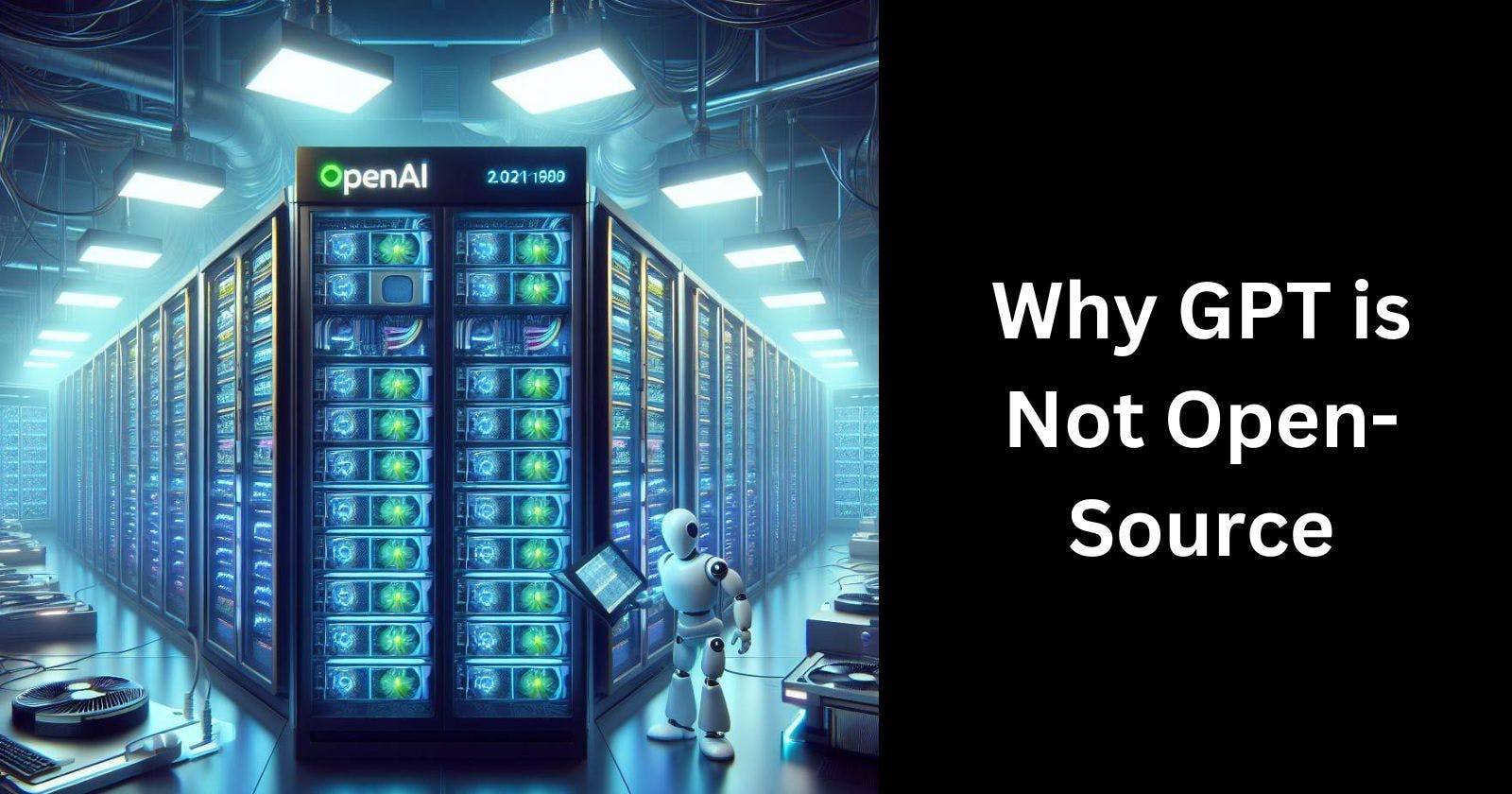As AI systems like ChatGPT capture the public imagination, there's growing curiosity about the companies behind the tech. OpenAI, founded in 2015 with the mission to ensure AI benefits all of humanity, has exploded into the limelight as media outlets crowd over its unprecedented natural language model, GPT-3.
Yet despite OpenAI's ostensibly altruistic vision, they have not open-sourced GPT-3 or any other GPT model. As an AI enthusiast, I couldn't help but ask: why not open source if they want to benefit humanity?
The Potentials of Open Sourcing AI
Proponents argue open sourcing has many advantages:
Fosters innovation by allowing public contribution
Enables model inspection for improved safety
Aligns with the open scientific culture to share knowledge
Allows smaller players to build AI solutions, not just huge tech firms
If OpenAI really wants AI to help humanity flourish, open-sourcing GPT could accelerate that goal. Rather than Jealously guarding their golden goose, they could invite the world to participate in ushering in safe and ethical AI.
Even if profits might diminish, if AI risks misuse, wouldn't advancing the public good justify open access? It's a complex debate with merits on both sides.
The Challenges of Open-Sourcing Large Language Models
However, OpenAI leadership contends models like GPT-3 are simply too dangerous to release openly. I used to think this was just an excuse to retain market dominance, but after more research, their precautions seem to come from genuine concern.
Unfettered access makes it easier for malicious actors to exploit cutting-edge models to spread misinformation or generate deceptive media. Toxic language models already plague the internet; stronger algorithms would only amplify the issue.
OpenAI also incurs heavy compute costs developing models on this scale - nearly $12 million for GPT-3! Relying solely on commercial success and external funding to sustain research requires retaining exclusive access.
Perhaps reasonable people can disagree on the appropriate balance between openness and precaution. But taking extra steps to ensure such powerful tools are used responsibly at least shows wisdom rather than blind idealism.
Weighing the Future Implications
Balancing innovation through open access with public well-being through limited access remains an open debate. As AI capabilities grow more advanced, models like GPT-4 could become exponentially more disruptive if openly available.
Yet no progress comes without risk. Restricting access too extreme may only widen the advantage of those already powerful. What innovative solutions might we miss out on if only big tech can build on these models?
The questions resonate more openly as AI goes mainstream. OpenAI may slowly expand API access to researchers as models grow more robust. But for now, GPT remains closed-source and exclusively available through their platform.
Conclusion
What do you think - should organizations like OpenAI open-source their models sooner for the public good? Or are limitations wise and necessary as AI rapidly transforms society? Reasonable people can disagree. But the implications span far beyond just one company's decision.
AI promises immense possibility - and immense peril. The choices we make today steer the trajectory for everyone impacted tomorrow. So we must grapple earnestly with these debates, seeking wisdom and foresight on all sides. The stakes are just too high to ignore. Where we go next remains unwritten - and open for discussion.

